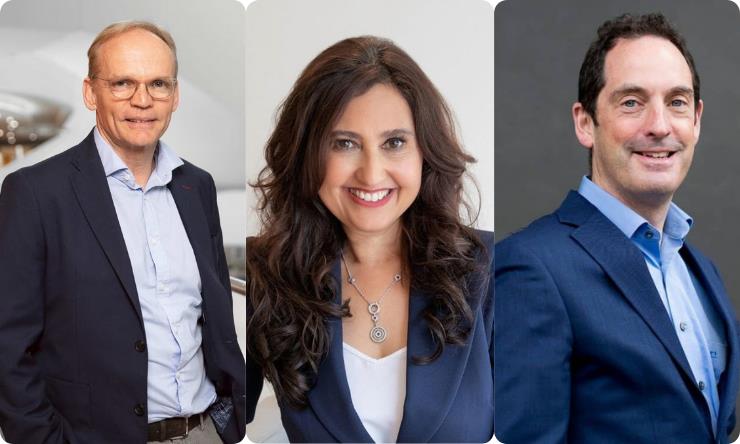
Three leading ophthalmologists from Australia and New Zealand have been recognised in The Ophthalmologist Power List 2025, a prestigious global ranking that honours the most influential figures in eye care...

Researchers have found that a vitamin supplement that improves metabolism in the eye appears to slow down damage to the optic nerve in glaucoma.

Abbie is a young mum, dancer, and advocate who was born with congenital glaucoma. Despite visual challenges, she has built a vibrant career in inclusive arts and uses her lived experience to champion accessibility and support others with disabilities...
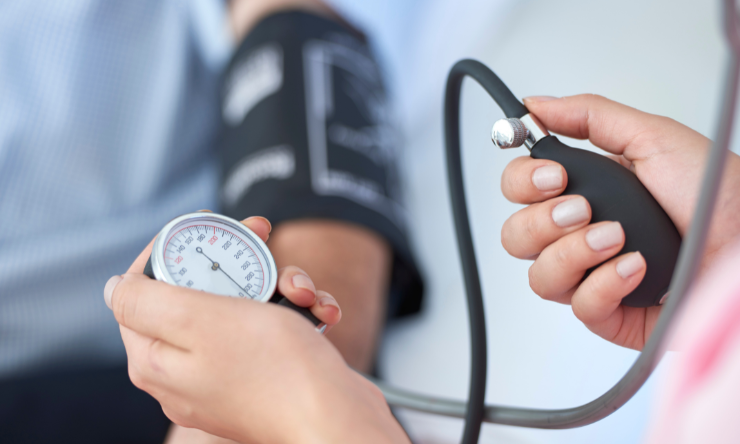
Long-term variability in blood pressure may be associated with visual field (VF) progression in glaucoma patients, suggesting new considerations for managing this sight-threatening condition...
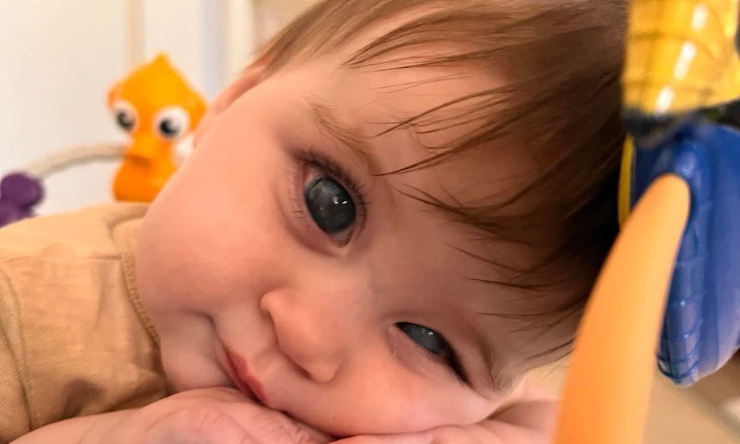
At just 11 months old, Remi has already faced more challenges than many do in a lifetime. Born with Congenital Glaucoma, she’s bravely undergone 10 surgeries...

Diagnosed with open-angle glaucoma at 52, Tony has experienced significant optic nerve thinning and ganglion cell loss, yet he currently has no vision impairment...
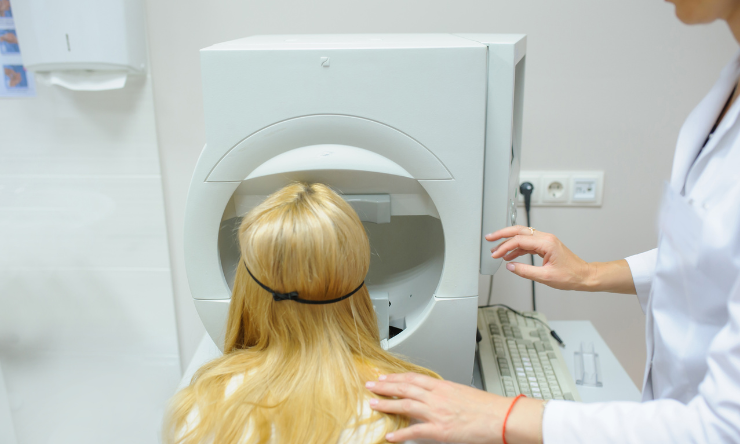
Jenny's journey with normal-tension glaucoma is a testament to resilience and the importance of early detection.

Whilst treatments such as eye drops, laser therapy, or surgery are essential for managing glaucoma and slowing down disease progression, lifestyle choices also play a crucial role in maintaining overall eye health...
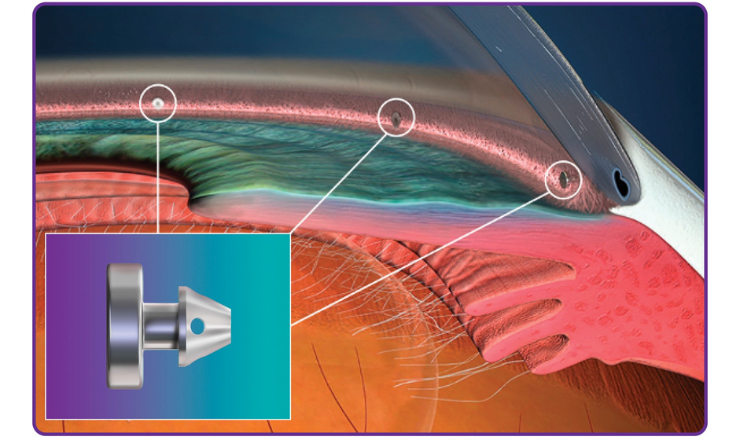
Glaukos is pleased to announce the new addition to the iStent family – iStent infinite® is now available.

